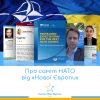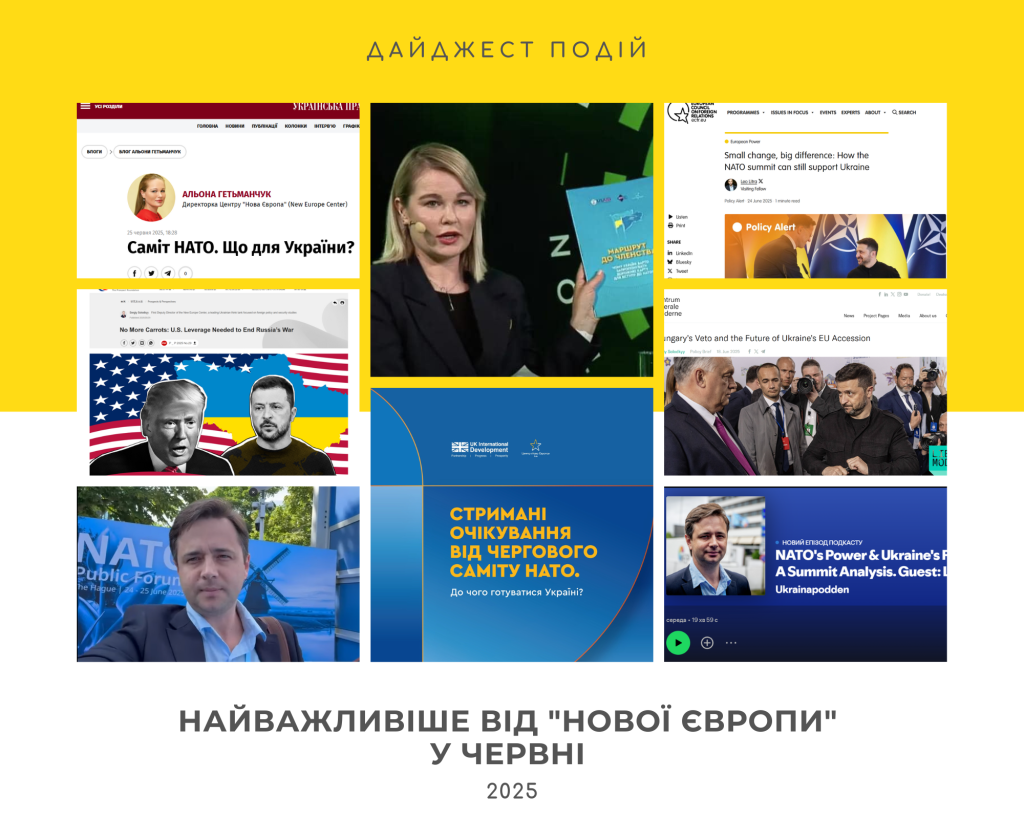The Three Seas Initiative to create a partnership bloc from the Baltic to the Black and the Adriatic seas, launched in 2015 by the Presidents of Poland and Croatia Andrzej Duda and Kolinda Grabar-Kitarović and aimed at deepening the integration of the countries of Central and Eastern Europe, has got the chance in three years to turn from the idea to the ambitious project.
The project brings together 12 countries of Central and Eastern Europe: four countries of the Visegrad Group, the Baltic States, Austria, Croatia, Romania, Slovenia, and Bulgaria. All member states, except Austria, have several common denominators, such as the recent communist past and membership in the NATO obtained before accession to the EU. Austria, which has been a member of the EU for a longer time, is present in the project due to its strategic location and numerous important regional ties.
At the moment, the support of the Initiative among its members is increasing, compared to the first inauguration summit in Dubrovnik (Croatia) in 2016; it should be noted that Ukraine has also been invited, but did not delegate its representative. The next summit in Warsaw was marked by the participation of Donald Trump as a special guest, which was essential to increase the weight of the project.
Trump’s visit also provided arguments in favor of strengthening the political component of the TSI; however, the Bucharest Summit should prove that the project has economic side to it, outline its perspectives, and prioritize projects.
What are the windows of opportunities for Ukraine in today’s project, and what should be the general approach of Ukraine to the Three Seas Initiative?
Read the full policy brief at the link
The paper was written within the Think Tank Development Initiative for Ukraine (TTDI), carried out by the International Renaissance Foundation in partnership with the Think Tank Fund of the Open Society Initiative for Europe (OSIFE) with financial support of the Embassy of Sweden in Ukraine. The views and opinions expressed in this paper are those of the author and do not necessarily reflect the position of the Embassy of Sweden in Ukraine, the International Renaissance Foundation, and the Open Society Initiative for Europe (OSIFE)







